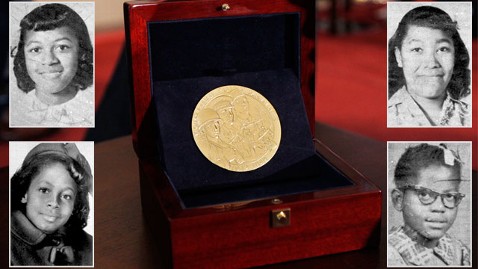Acknowledgement: In dVerse Poets Pub's Pretzels&Bullfights this
week, poet Brian Miller asked us to speak to these questions: "What
did you learn this week? What is rocking your world? What pissed you off—or
made your day?” His own poignant story is there. Mine follows:
This week I learned the kinds of questions
writers ask editors and agents. I participated in the Barrelhouse Conversations &
Connections one-day Conference in Philadelphia, my first time
attending a gathering as a writer. While there I also took one of my
poems to speed date with an editor. What an eye-opener! I wasn't
the only oldie-newbie, but many more attendees were from MFA creative
writing programs near and far. All were so puppy-like and hopeful.
I hope I seemed more simply curious. The eagerness was both
scary and beautiful. So many people for so few "jobs."
How to survive as a drop in this ocean?
Answer:
We gotta be ourselves--and I mean BE REAL and become real: Find our topics and
voice and put teeth in our lines. Gotta love the industry fiercely or/and
hone in on the home team and relax. That's the beautiful part.
Here's
the scary part: I know I cannot compete. I cannot send out hundreds of
submissions, thousands of inquiry letters, millions of copies and
keep track of who's got what. But I cannot quit either.
So I will not try to compete. Paradox?
Even
the agents at the conference said to stay focused on the writing and don't
worry about the rest until we have to. The writing is the work, and the
agent--should we ever acquire one--will do the rest. But
neither the agent nor the editor can write truths from our
perspective. Of course, we heard helpful tips in finding agents, editors,
publishers and etc. But the biggest tip for me was to go home and write,
taking all the risks I am afraid to take, including not knowing whether or not
I will succeed.
Writers, Poets, Artists et al.: What did you learn this week?

